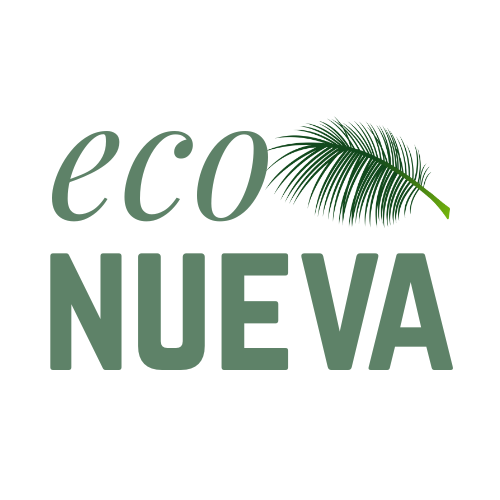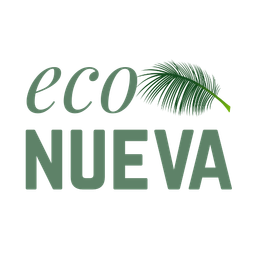Voluntourism In Sinai: Traveling With Intention
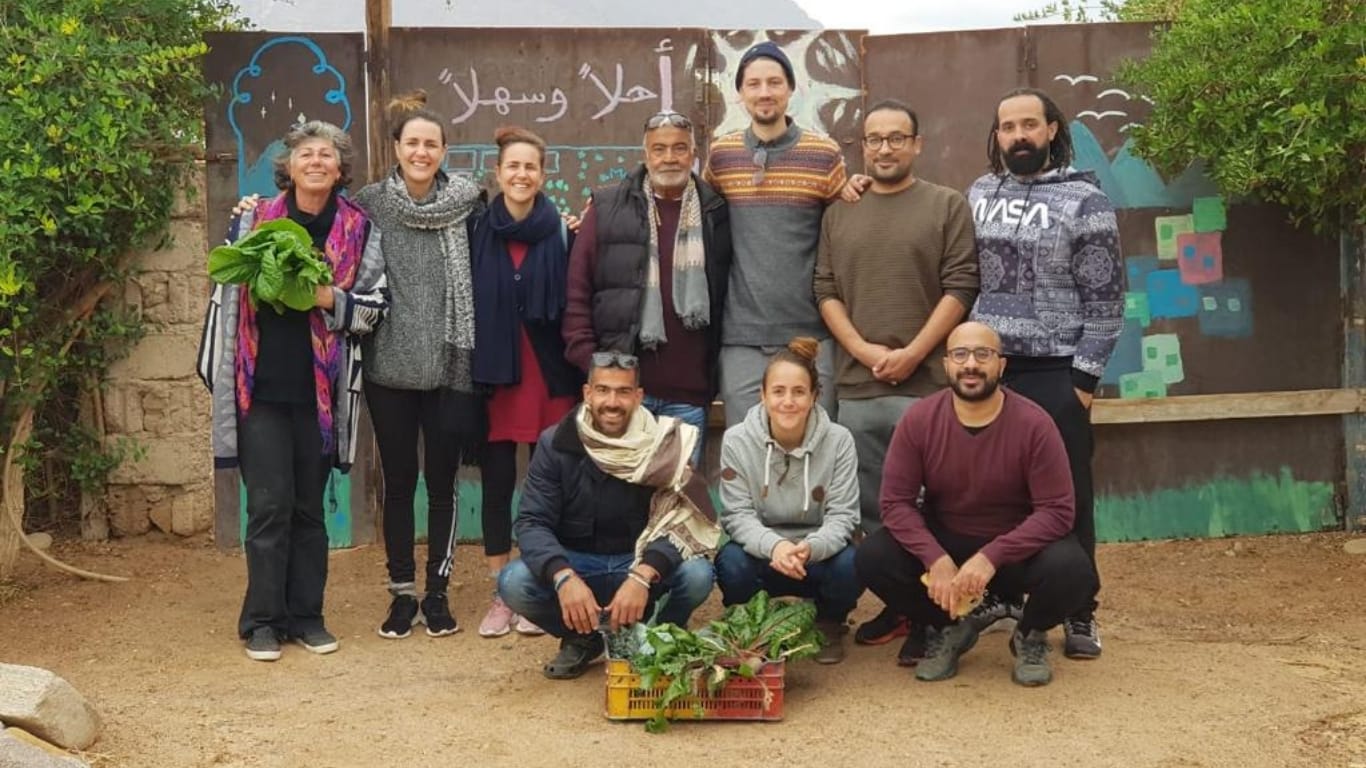
Between the mountains and the Red Sea, Sinai is a place where life slows down. The desert, the sea, and the people create a simple rhythm that makes you feel connected to nature.
Voluntourism in Sinai isn’t a regular vacation. It’s about joining daily life, helping local projects, and learning through real experiences. Instead of rushing to see everything, voluntourists spend time growing food, cooking together, and sharing stories.
It’s a way to travel with purpose; to give back, learn, and live more mindfully.
What Is Voluntourism?
Voluntourism means combining volunteering with travel. Instead of just visiting a place, you take part in local life and help with community or environmental projects. It’s a way to travel with purpose, to give something back while learning from the people and nature around you.
In Sinai, voluntourism often looks like quiet mornings by the sea, shared meals with locals, and hands-on work that supports sustainable living. You might help with regenerative agriculture, build eco-friendly huts, or join in cooking and cultural exchange.
It’s a more mindful way to travel, one that connects you to the land, the people, and a simpler way of living.
Why Voluntourism Is Important
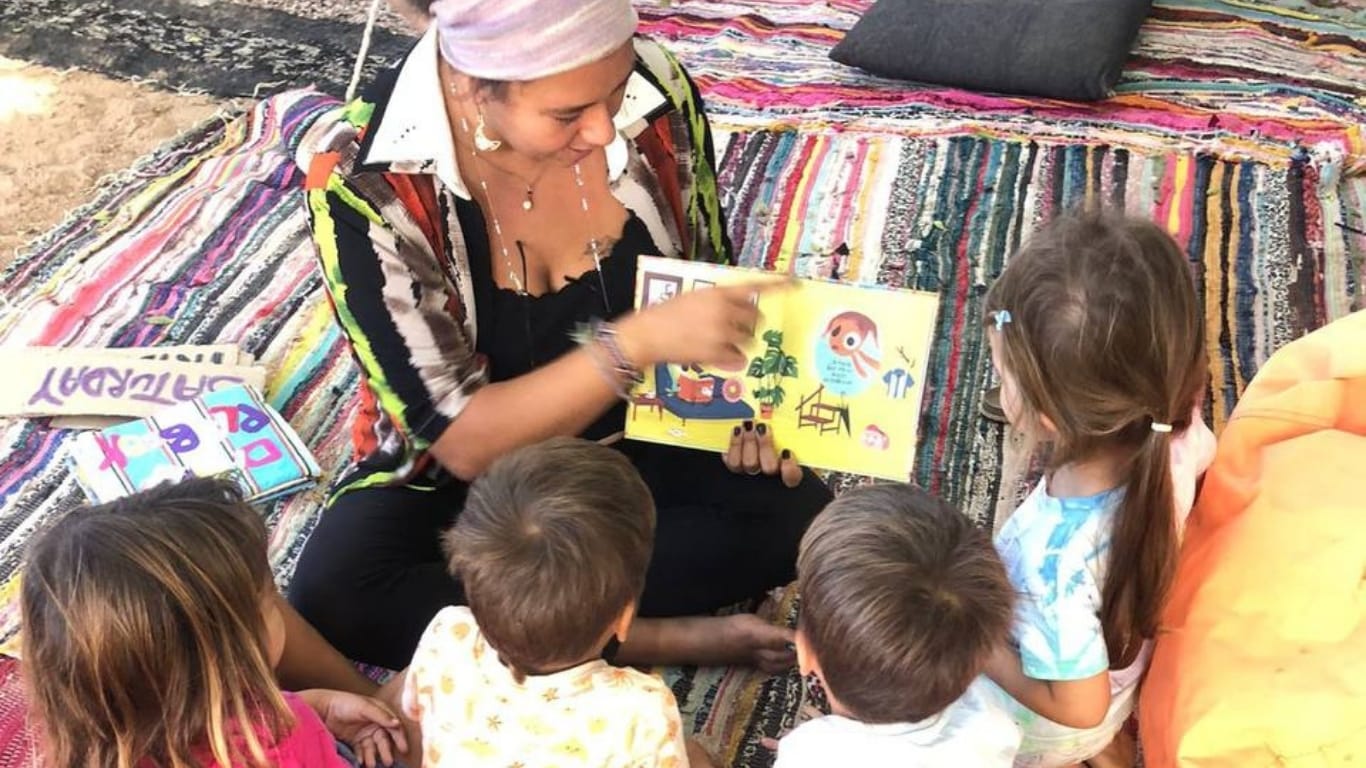
Voluntourism is built on a simple idea: travel shouldn’t just be about taking; it should also be about giving and learning. When you volunteer while traveling, you stop being a visitor who only observes and become a participant who helps, connects, and grows.
Voluntourism in Sinai makes a real difference. It supports small, family-run eco-projects that depend on collaboration rather than profit. Many of these places rely on regenerative farming, eco-building, and community-based tourism to survive. By joining them, voluntourists help keep these projects alive and sustainable.
Voluntourism also helps preserve traditional desert knowledge. Bedouin communities have lived in Sinai for generations, adapting to one of the world’s toughest environments with creativity and respect for nature.
When travelers work side by side with them - learning to grow food in dry soil, cook with local ingredients, or build with natural materials - they help keep these old skills and values alive.
Beyond the work, voluntourism creates cultural exchange. Shared meals and teamwork build trust and understanding between locals and visitors. Conversations around the fire often become lessons in patience, gratitude, and simplicity, things modern life often forgets.
Lastly, voluntourism reduces the environmental footprint of travel. Instead of staying in large resorts or relying on imported goods, voluntourists live simply, use local resources, and take part in projects that give back to the land.
In the end, voluntourism in Sinai doesn’t just restore the soil or support the community, it restores something inside the traveler too: a deeper connection to people, nature, and the true purpose of travel.
Learning Through Living In Sinai
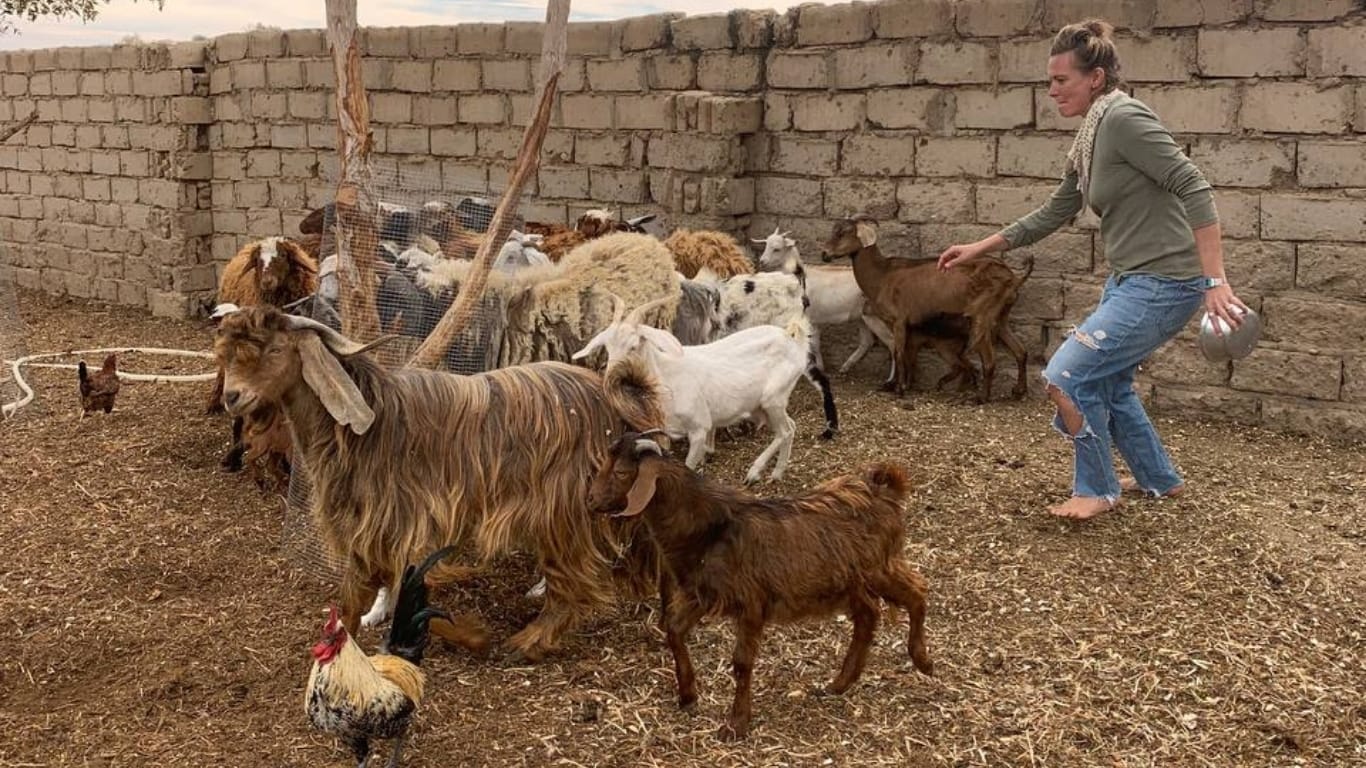
In Sinai, learning doesn’t happen in a classroom - it happens under the sun, in the garden, or while sharing a meal. Every day brings a new experience that teaches something practical and meaningful. You learn not by listening, but by doing.
You'll quickly discover what it means to live simply and sustainably in the desert. You'll see how little water, food, or electricity it takes to live well when everything is used with care. You'll learn to grow vegetables in sandy soil, to turn kitchen scraps into compost, and to create life where the land once seemed bare.
Voluntourism in Sinai teach the basics of permaculture and eco-farming such as how to grow food in balance with nature instead of fighting against it. Others show how to build with local materials like clay, bamboo, and palm leaves, creating structures that blend with the landscape and stay cool without electricity.
But the biggest lesson goes beyond farming or building. You learn to balance comfort with simplicity, to give and receive without expecting anything in return. You discover that happiness doesn’t come from having more, but from being present, useful, and connected.
This kind of travel changes people. It’s not a workshop or a course, it’s a way of living that stays with you long after you’ve left the desert.
Voluntourism Is A Growing Movement In Sinai
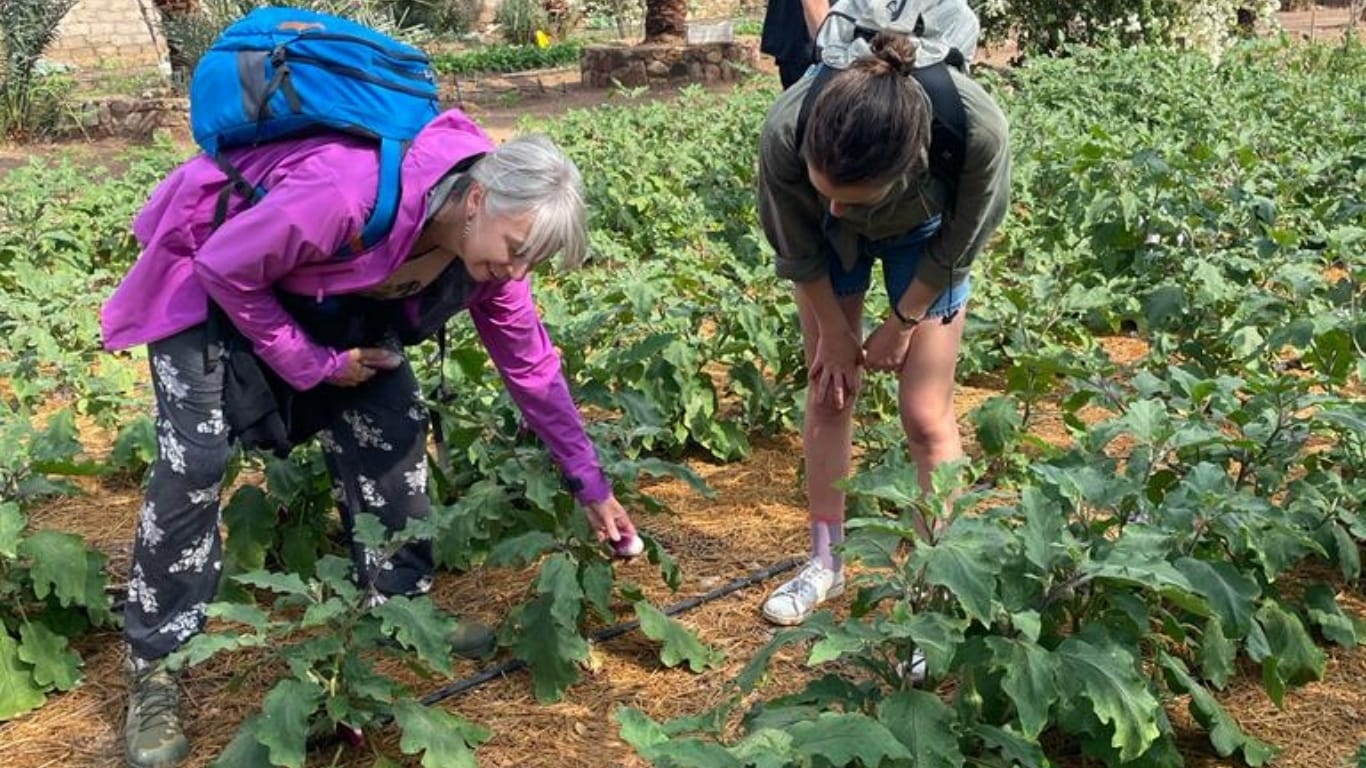
Across Sinai, more and more eco-lodges, family farms, and community projects are opening their doors to travelers who want to do more than just visit. These places invite people to take part in daily life; to plant, cook, build, teach, and learn.
This growing movement reflects a global shift in how people choose to travel. Many are realizing that fast tourism - rushing from place to place, leaving waste and noise behind - no longer feels fulfilling.
Instead, travelers are looking for slower, more intentional experiences that connect them to the land and the people who live there.
Voluntourism in Sinai has become a way to support this change. It helps small, local initiatives thrive while offering travelers a chance to reconnect with what really matters: community, nature, and purpose.
Every shared meal, every seed planted, and every small act of care adds up to something larger - a more sustainable and compassionate way of exploring the world.
How To Get Involved In Voluntourism In Sinai?
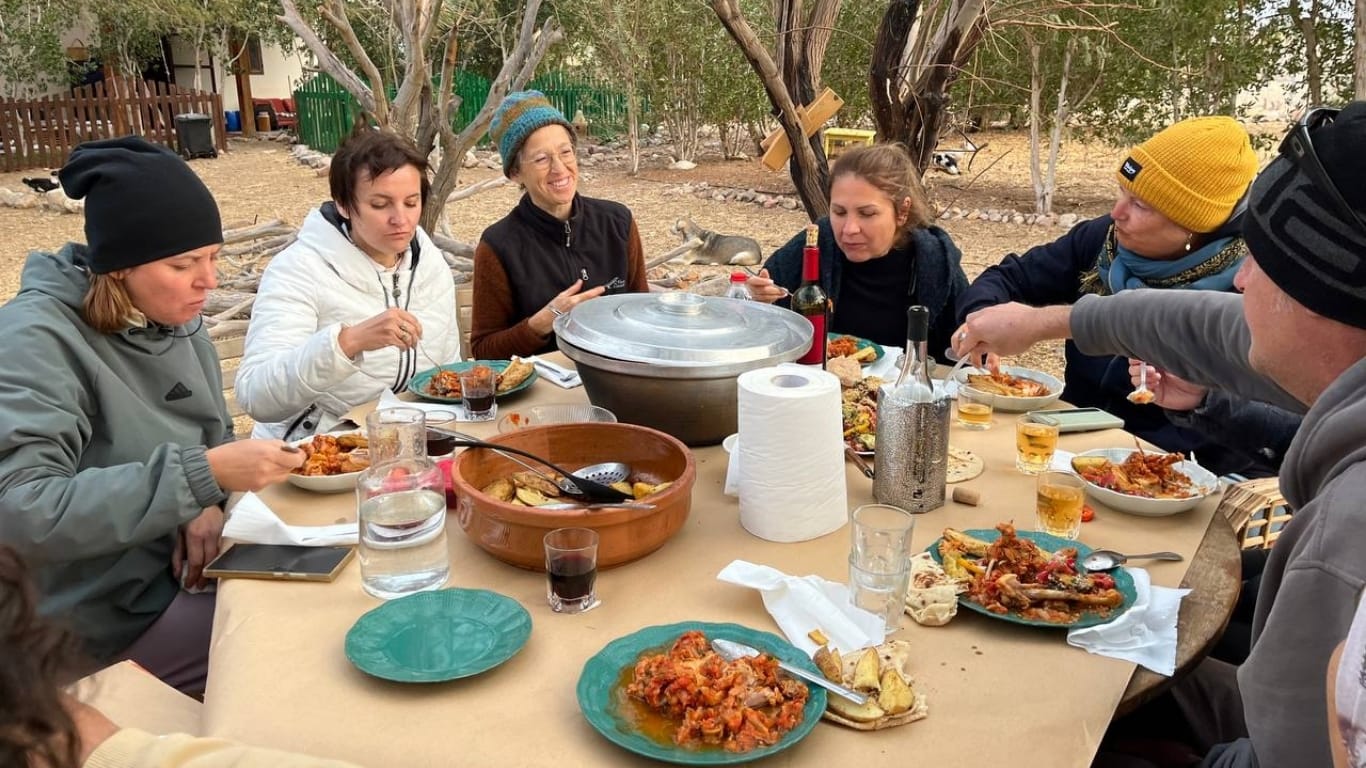
Joining a voluntourism project in Sinai is simple. You can find opportunities through local eco-lodges, organic farms, and community-based camps that host volunteers year-round. Many of these places share updates on their websites or social media pages, while others work through local networks and word of mouth.
The type of work depends on the project and the season. You might help with gardening, planting trees, building with natural materials, cooking, cleaning, or assisting with guests.
At Habiba, you can help transform desert sand into fertile soil through regenerative farming while learning about sustainable living at the community’s learning center.
Karima’s Farm offers a slower, more peaceful rhythm where you care for farm animals, nurture gardens, and share simple meals under the stars, finding connection through everyday farm work and shared moments.
Some places also welcome people with specific skills like photography, carpentry, or teaching. But you don’t need special experience - just an open heart, a willingness to learn, and respect for the local way of life.
Before choosing a project, it’s important to make sure it’s genuinely community-led and environmentally responsible. A good voluntourism program puts people and nature first, not profit. It values cultural exchange and sustainable progress over quick results.
Most importantly, come with the mindset of learning, not saving. The goal isn’t to fix anything but to work alongside locals, understand their rhythm, and share in the effort.
When done with care, voluntourism creates long-term benefits - for the community, for the environment, and for the traveler who learns that real change begins with small, mindful actions.
Read Also:

Sinai Is Calling You
Voluntourism in Sinai isn’t about ticking boxes or doing good, it’s about being present. It’s about slowing down enough to listen to the wind through the palms, to share meals made with care, and to understand that every small action can nurture life.
Here, travel becomes more than movement. It becomes connection with the earth beneath your feet, the people beside you, and the purpose within you. The lessons learned in Sinai stay long after you leave: how to live simply, give thoughtfully, and find beauty in balance.
